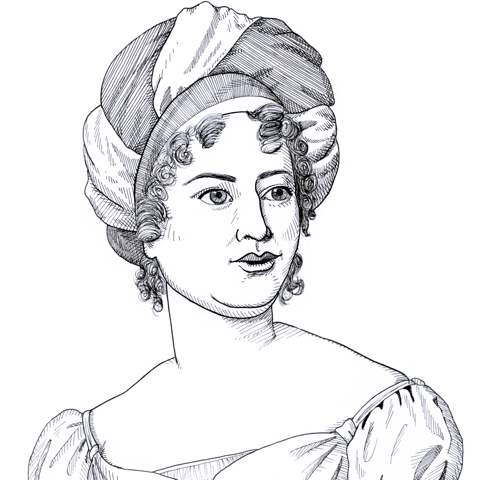
Germaine de Staël on the indestructible love of liberty (1818)
Found in: Considerations on the Principal Events of the French Revolution (LF ed.)
In one of the first histories of the French Revolution Germaine de Staël (1766-1817) decries what had been done in the name of “liberty” during the French Revolution. In spite of these deeds, she believes that love of liberty is deeply embedded in the human soul and that it cannot be extinguished by tyrant:
Politics & Liberty
Liberty! Let us repeat her name with so much the more energy that the men who should pronounce it, at least as an apology, keep it at a distance through flattery: let us repeat it without fear of wounding any power that deserves respect; for all that we love, all that we honor is included in it. Nothing but liberty can arouse the soul to the interests of social order. The assemblies of men would be nothing but associations for commerce or agriculture if the life of patriotism did not excite individuals to sacrifice themselves for their fellows. Chivalry was a warlike brotherhood which satisfied that thirst for self-devotion which is felt by every generous heart. The nobles were companions in arms, bound together by duty and honor; but since the progress of the human mind has created nations, in other words, since all men share in some degree in the same advantages, what would become of the human species were it not for the sentiment of liberty?